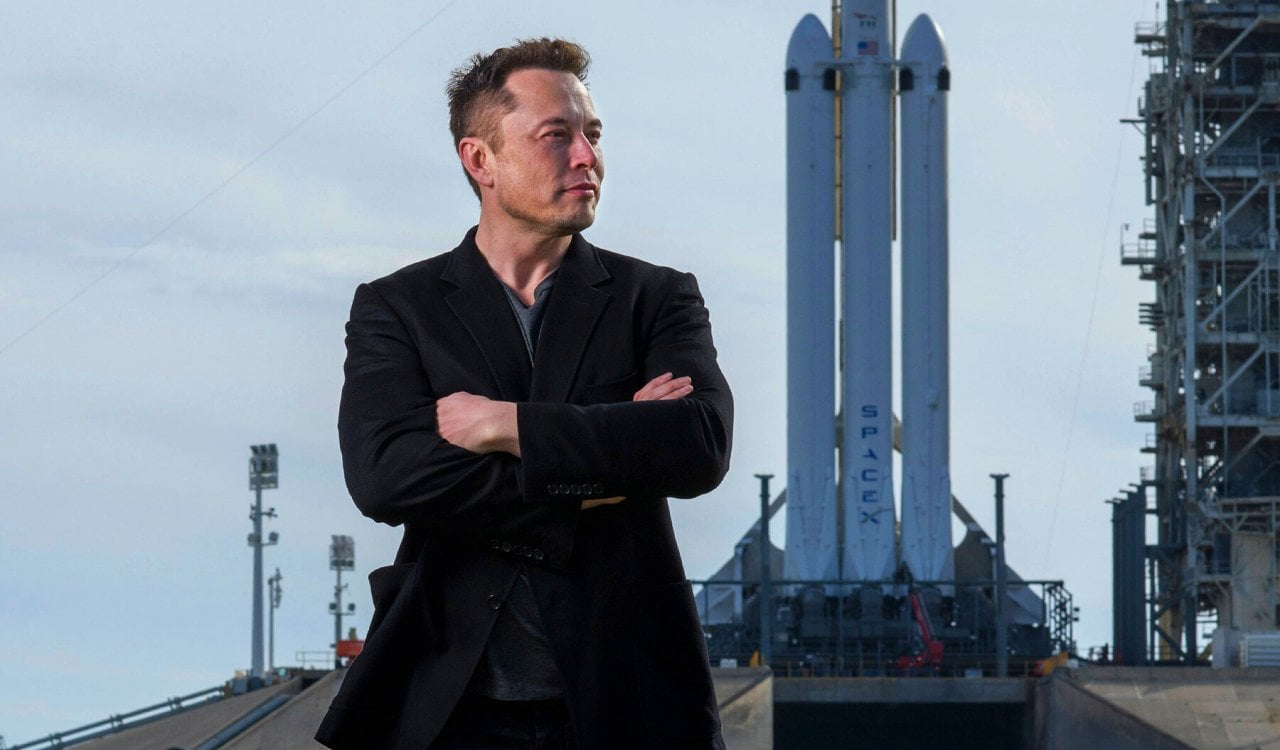GeliL
Shiny_Rock
- Joined
- Oct 30, 2018
- Messages
- 289
Is this legal?
It's not. A bunch of those laid off are suing.
Is this legal?
It's not. A bunch of those laid off are suing.
I'm missing why it isn't legal? is he not offering severance in lieu of the required notice for a mass layoff?
They are required by law to give a notice 60 days prior. They do offer a severance package, if you accept you will need to sign a paper saying that you won't sue, but you don't have to accept the severance, you can reject it and exercise your rights. That is what some of them are doing I hear. My knowledge on this is limited so I may be wrong.
Yes, either 60 days notice, or a severance package when there is a mass layoff by a sizeable company. Which is why I was wondering if they were in fact offering the severance, since it seems they aren't giving 60 days notice. What I didn't know is that you could reject the severance in lieu of the notice. I thought they just had to do one or the other.
Why would you pay $44 Billion for a company then proceed to burn it all down?
I have no idea why I’m so intrigued with what is happening with Twitter.
Why would you pay $44 Billion for a company then proceed to burn it all down?
I have no idea why I’m so intrigued with what is happening with Twitter.
I just hope the moron doesn't take Tesla down with him....I love my car.....
I can’t speak for others…. But we got the Model Y because it is a fantastic vehicle. One drive and we were sold.
And the way the company is organized was also innovative.
If I have a question about the car, I call any dealer and speak to a salesperson.
Invariably they are completely well versed on the car and happy to answer questions.
In fact today I had a question about the car and called the Manhattan dealership. As normal, the gentleman I spoke to was gracious and knowledgeable.
It occurred to me that he might very well feel at risk. I would if Musk was my employer. I didn’t ask.
Given the genius that Tesla is, how could this guy be so clueless as to throw away $45bil. Scary

For example, someone knew exactly where to put superchargers.
Yes, but there are likely 100+ Gas Stations for every supercharger. Which sprung up rather haphazardly.well they know where to put gas stations, too
EDIT: I also suspect it is the first "nice" car (being a little performance-oriented) that many first-time Tesla buyers have ever driven. So a lot of what feels revolutionary is just being in a quick, responsive car.
Uumm...Coming from owning Porsche 911's, BMW M4's, Mercedes AMG...I've been a car lover my whole life.

I'm amazed how people are rooting for his "demise" just because he decided to defend free speech.
I was his biggest fan years ago -- and way before I learned what kind of person he is.